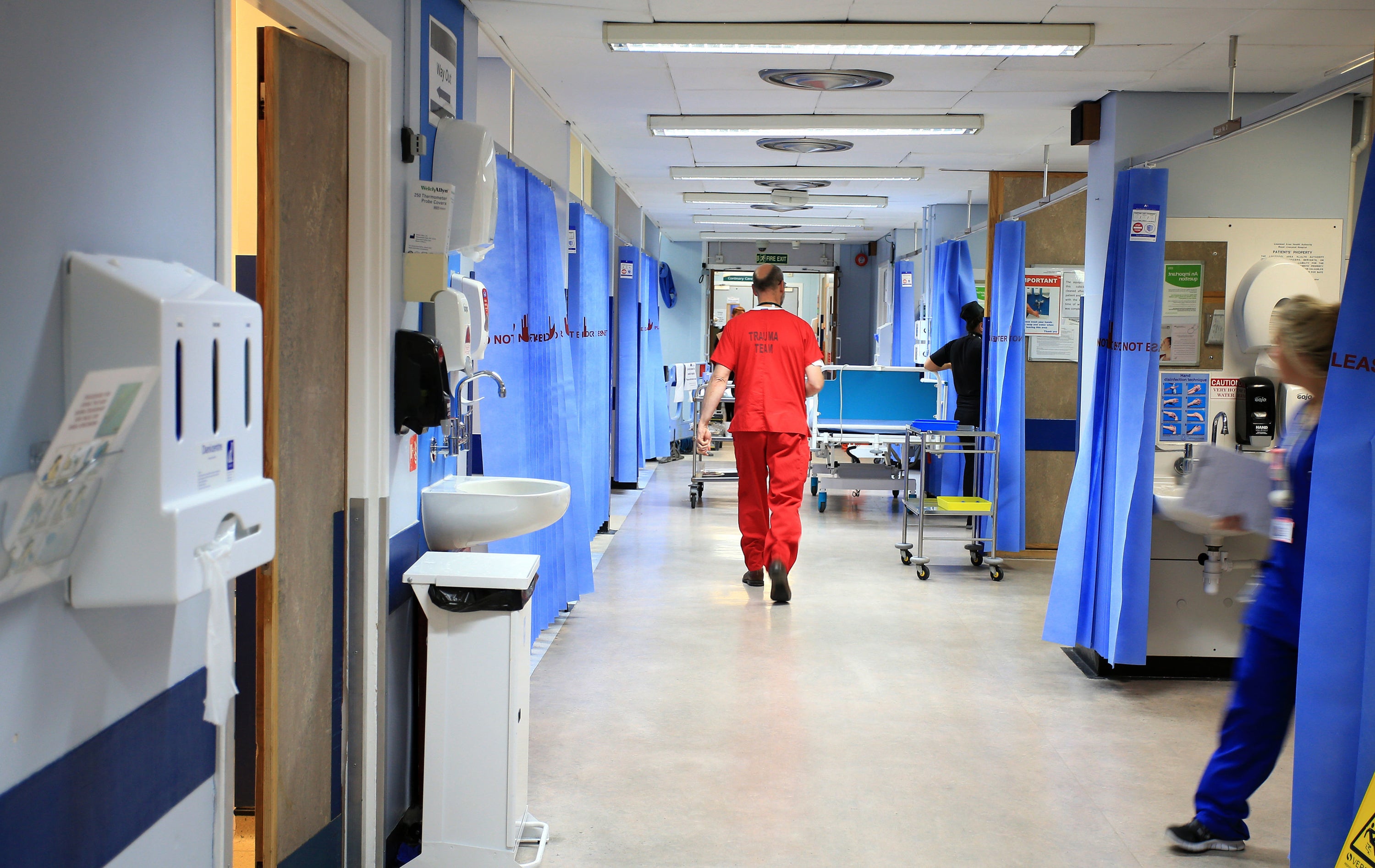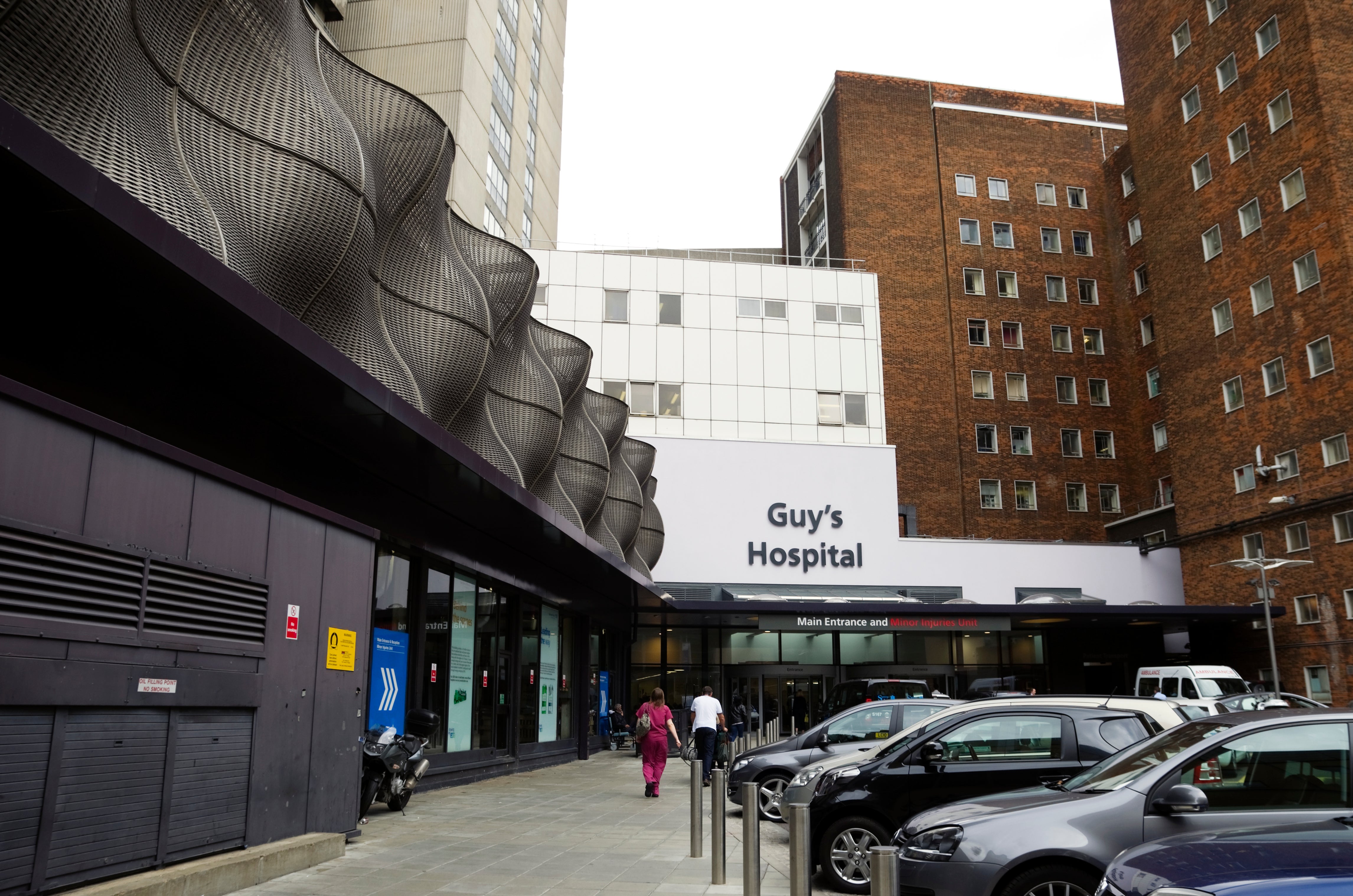Two more monkeypox cases identified in England
One of the cases is being treated in a specialist infectious disease unit in London

Your support helps us to tell the story
From reproductive rights to climate change to Big Tech, The Independent is on the ground when the story is developing. Whether it's investigating the financials of Elon Musk's pro-Trump PAC or producing our latest documentary, 'The A Word', which shines a light on the American women fighting for reproductive rights, we know how important it is to parse out the facts from the messaging.
At such a critical moment in US history, we need reporters on the ground. Your donation allows us to keep sending journalists to speak to both sides of the story.
The Independent is trusted by Americans across the entire political spectrum. And unlike many other quality news outlets, we choose not to lock Americans out of our reporting and analysis with paywalls. We believe quality journalism should be available to everyone, paid for by those who can afford it.
Your support makes all the difference.Two cases of monkeypox identified in England, the UK Health Security Agency announced.
The two cases are unrelated to a case found on 7 May, but they are in the same household, the announcement said.
One of the individuals is receiving care at the expert infectious disease unit at St Mary’s Hospital in London while the other case is isolating and does not currently require hospital treatment.
As a precautionary measure, UKHSA experts said they are working closely with the individuals and NHS colleagues and will be contacting people who might have been in close contact to provide information and health advice.

People without symptoms are not considered infectious but, as a precaution, those who have been in close proximity to the individuals are being contacted to ensure that, if they do become unwell, they can be treated quickly, UKHSA added.
Last week a person in England has been diagnosed with monkeypox. The patient had recently travelled from Nigeria, which is where they are believed to have contracted the infection, before arriving to the UK.
The person is receiving care at the infectious disease unit at Guy’s and St Thomas’ in London.
Initial symptoms of monkeypox include fever, headache, muscle aches, backache, swollen lymph nodes, chills and exhaustion. A rash can develop, often beginning on the face, then spreading to other parts of the body, particularly the hands and feet. The rash changes and goes through different stages before finally forming a scab, which later falls off.
Professor Julian Redhead, medical director at Imperial College Healthcare NHS Trust, said: “We are caring for a patient in our specialist high consequence infectious diseases unit at St Mary’s Hospital. All of the necessary infectious control procedures have been followed and we are working closely with UKHSA and NHS England.”
Monkeypox is a rare viral infection that does not spread easily between people. It is usually a mild self-limiting illness and most people recover within a few weeks. However, severe illness can occur in some people.
The infection can be spread when someone is in close contact with an infected person, however, there is a very low risk of transmission to the general population.

Dr Colin Brown, director of clinical and emerging infections, UKHSA, added: “While investigations remain ongoing to determine the source of infection, it is important to emphasise it does not spread easily between people and requires close personal contact with an infected symptomatic person. The overall risk to the general public remains very low.
“We are contacting any potential friends, family or contacts in the community. We are also working with the NHS to reach any healthcare contacts who have had close contact with the cases prior to confirmation of their infection, to assess them as necessary and provide advice.
“UKHSA and the NHS have well established and robust infection control procedures for dealing with cases of imported infectious disease and these will be strictly followed.”
Since 1970, human cases of monkeypox have been reported from 11 African countries: Benin, Cameroon, the Central African Republic, the Democratic Republic of the Congo, Gabon, Ivory Coast, Liberia, Nigeria, the Republic of the Congo, Sierra Leone, and South Sudan.
In 2017 Nigeria experienced the largest documented outbreak, 40 years after the last confirmed case. The true burden of monkeypox is not known.
Subscribe to Independent Premium to bookmark this article
Want to bookmark your favourite articles and stories to read or reference later? Start your Independent Premium subscription today.
Join our commenting forum
Join thought-provoking conversations, follow other Independent readers and see their replies
Comments